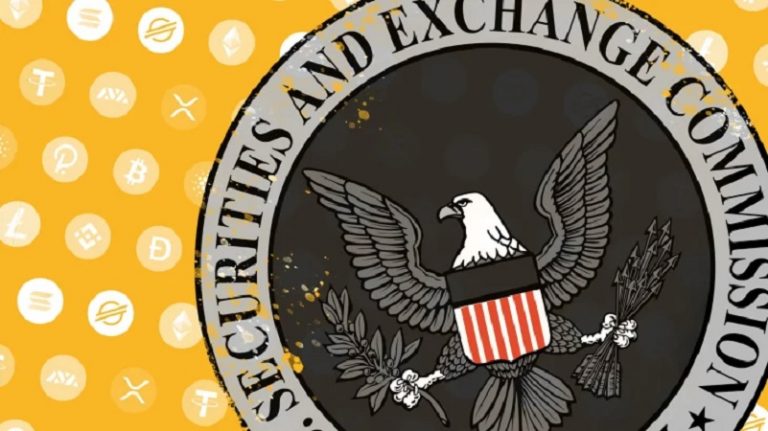
Crypto.com announced that the U.S. SEC had officially terminated its investigation into the exchange. This followed a tumultuous period for Crypto.com, which received a Wells Notice from the SEC in October 2024, signaling potential enforcement action for alleged securities law violations. Crypto.com preemptively sued the SEC, arguing that the regulator’s approach was unjust and unlawful. The company dropped its lawsuit after indications that the incoming Trump administration, which took office in January 2025, would adopt a more crypto-friendly stance, including the appointment of Paul Atkins—a known pro-crypto figure—as SEC Chair, replacing Gary Gensler.
The SEC’s decision to close the case was framed as part of a broader effort to reform its regulatory approach to the crypto industry, not as an admission that the claims lacked merit. Crypto.com’s Chief Legal Officer, Nick Lundgren, hailed this as a victory, citing the firm’s commitment to compliance and its eagerness to work with a potentially more cooperative SEC under new leadership. This resolution aligns with a wave of SEC dismissals of enforcement actions against other crypto firms like Kraken, Consensys, and Cumberland, reported around the same time. It reflects a shift in U.S. regulatory sentiment following Trump’s inauguration, which has been marked by pro-crypto gestures, including pardons and policy adjustments.
Trump Pardons BitMEX Founders
President Donald Trump granted pardons to BitMEX co-founders Arthur Hayes, Benjamin Delo, and Samuel Reed, along with former employee Gregory Dwyer and the operating entity HDR Global Trading. These individuals had pleaded guilty in 2022 to violating the Bank Secrecy Act by failing to implement adequate anti-money laundering (AML) and know-your-customer (KYC) programs at BitMEX. Their sentences—ranging from probation to home confinement—had already been served, but they faced substantial civil fines totaling $30 million from the Commodity Futures Trading Commission (CFTC), alongside a $100 million penalty imposed on BitMEX in 2021.
Register for Tekedia Mini-MBA edition 17 (June 9 – Sept 6, 2025) today for early bird discounts. Do annual for access to Blucera.com.
Tekedia AI in Business Masterclass opens registrations.
Join Tekedia Capital Syndicate and co-invest in great global startups.
Register to become a better CEO or Director with Tekedia CEO & Director Program.
The pardons, reported by CNBC and confirmed by a White House official, came without a detailed public explanation but fit Trump’s pattern of crypto-friendly actions, such as pardoning Silk Road founder Ross Ulbricht shortly after his January 2025 inauguration. Hayes expressed gratitude on X with a simple “Thank you POTUS,” while Delo called the pardon a “vindication,” arguing that BitMEX and its founders were unfairly targeted under an outdated law for political reasons. The move has been interpreted as a signal of Trump’s intent to bolster the crypto industry, which he courted during his campaign with promises of lighter regulation and a U.S. cryptocurrency reserve.
While the SEC’s closure of the Crypto.com case and Trump’s pardoning of the BitMEX founders occurred around the same time (March 27-28, 2025), they are distinct events driven by different agencies and legal contexts. The SEC operates independently of presidential pardons, which apply only to federal criminal convictions, not civil or regulatory investigations like Crypto.com’s. However, both developments reflect the broader pro-crypto shift under Trump’s administration. The SEC’s retreat from enforcement actions aligns with a thawing of regulatory hostility, possibly influenced by Trump’s appointees and rhetoric, while the BitMEX pardons directly showcase his willingness to intervene in high-profile crypto cases.
For Crypto.com, the SEC’s decision removes a significant legal overhang, potentially boosting its U.S. market expansion, including partnerships like its reported deal with Trump’s Truth Media for ETFs. For BitMEX, the pardons clear the founders’ records, though the exchange’s operational challenges—like its $100 million fine and past regulatory scrutiny—persist. OKX, though not directly mentioned here, faces its own regulatory battle in Thailand (as discussed previously), unaffected by these U.S.-centric events.


